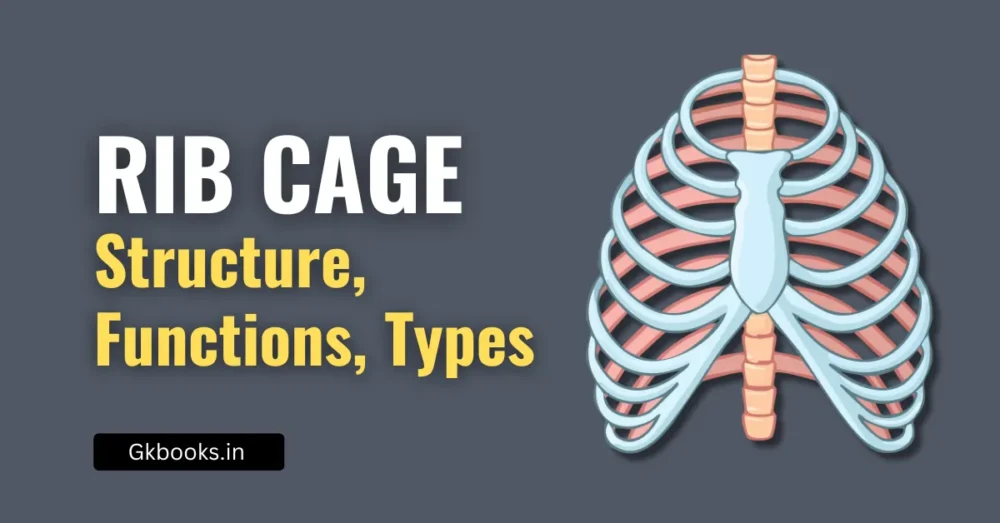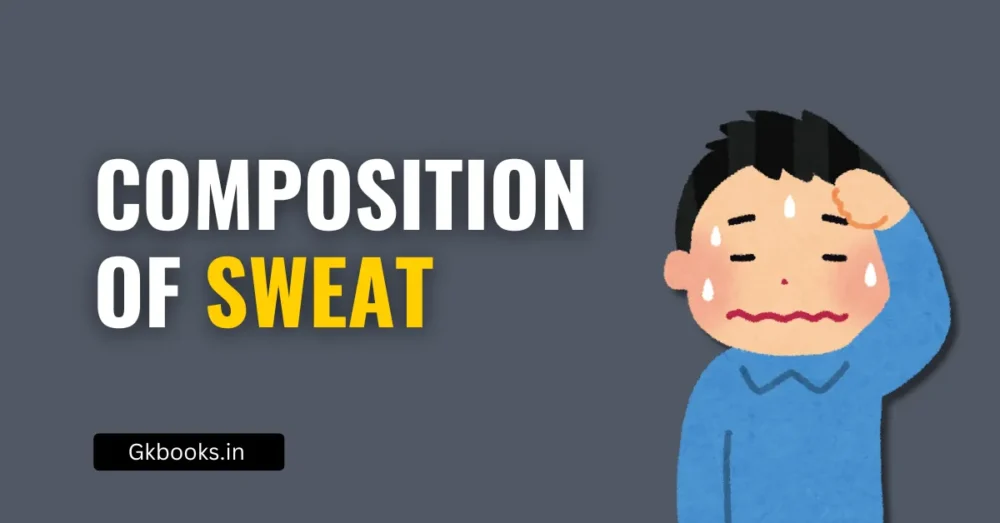Blood pressure is a vital topic in competitive exams, especially in the Biology and General Science sections. This blog simplifies key concepts—normal range, types, causes, symptoms, and health risks—using exam-friendly language. Strengthen your preparation with accurate, concise, and clear explanations tailored for quick understanding and effective revision.
Why Blood Pressure Matters
◾Blood pressure is a vital sign that reflects the force exerted by circulating blood against the walls of your arteries.
◾While most of us rarely think about it, blood pressure plays a crucial role in ensuring that oxygen and nutrients reach every part of the body.
◾When this pressure is too high or too low, it can lead to serious health issues—often silently.
What is Blood Pressure?
Blood Pressure refers to the pressure of blood pushing against the artery walls as the heart pumps. It’s measured in millimeters of mercury (mmHg) and expressed as two numbers:
- Systolic Pressure (Top Number): Pressure during a heartbeat.
- Diastolic Pressure (Bottom Number): Pressure when the heart rests between beats.
📌 Example: A blood pressure reading of 120/80 mmHg means:
- 120 mmHg = systolic
- 80 mmHg = diastolic
Normal Blood Pressure Range
According to the American Heart Association (AHA) and World Health Organization (WHO):
| Category | Systolic (mmHg) | Diastolic (mmHg) |
|---|---|---|
| Normal | <120 | <80 |
| Elevated | 120–129 | <80 |
| High Blood Pressure Stage 1 | 130–139 | 80–89 |
| High Blood Pressure Stage 2 | ≥140 | ≥90 |
| Hypertensive Crisis | >180 | >120 |
Types of Blood Pressure Disorders
🔹 High Blood Pressure (Hypertension)
Occurs when blood pressure remains elevated over time. It increases the risk of heart disease, stroke, and kidney failure.
🔹 Low Blood Pressure (Hypotension)
When the pressure is abnormally low, it can lead to dizziness, fainting, and even shock in severe cases.
Common Causes of Abnormal Blood Pressure
🔺Causes of High Blood Pressure
◾ Sedentary lifestyle
◾ Excessive salt intake
◾ Obesity
◾ Chronic stress
◾ Smoking and alcohol
◾ Kidney disorders
◾ Genetic predisposition
🔺Causes of Low Blood Pressure
◾ Dehydration
◾ Blood loss
◾ Heart problems
◾ Endocrine issues
◾ Certain medications
📗 Expand Your Knowledge: Composition of Blood
Symptoms to Watch Out For
🔹Symptoms of Hypertension:
◾ Often asymptomatic (“silent killer”)
◾ Headaches
◾ Vision problems
◾ Chest pain
◾ Nosebleeds (in extreme cases)
🔹Symptoms of Hypotension:
◾ Light-headedness
◾ Blurred vision
◾ Nausea
◾ Fatigue
◾ Fainting
How is Blood Pressure Measured?
Blood pressure is measured using a sphygmomanometer or a digital blood pressure monitor. It’s best measured:
- In a seated, relaxed position
- After 5 minutes of rest
- At the same time each day (for consistency)
Health Risks Associated with Abnormal BP
| Condition | Impact |
|---|---|
| Heart Disease | Increased strain on heart muscles |
| Stroke | Risk of blood vessel rupture in the brain |
| Kidney Damage | Reduced filtration capacity |
| Eye Damage (Retinopathy) | Vision impairment |
How to Maintain Healthy Blood Pressure
🔹Lifestyle Changes
◾ Follow a DASH (Dietary Approaches to Stop Hypertension) diet
◾ Exercise at least 30 minutes a day
◾ Reduce salt intake
◾ Manage stress through yoga, meditation, and hobbies
◾ Avoid smoking and limit alcohol
◾ Maintain a healthy weight
🔹Medical Management
◾ Antihypertensive drugs for high BP (under doctor’s guidance)
◾ Medication review in case of low BP
◾ Regular monitoring for chronic patients
Blood Pressure and Competitive Exams
Blood pressure is a frequently asked topic in exams like UPSC, SSC, Railways, and state PSCs. Key facts often appear in:
- Biology (Human Physiology)
- General Science MCQs
- Health & Diseases Awareness Sections
🧠 Quick Revision Tip:
“120/80 mmHg = Ideal BP. Hypertension starts ≥130/80 mmHg.”
Final Thoughts
Blood pressure is more than just a number—it’s a vital indicator of your health. Understanding what it means, how it affects your body, and how to manage it can significantly reduce the risk of chronic illness. Stay informed, monitor regularly, and consult healthcare professionals when needed.
FAQs on Blood Pressure
Q1. What is considered a dangerously high blood pressure?
A reading of 180/120 mmHg or higher requires immediate medical attention.
Q2. Can stress cause high blood pressure?
Yes. Chronic stress can contribute to long-term hypertension.
Q3. Is low blood pressure dangerous?
It can be if it leads to fainting, shock, or inadequate oxygen delivery to organs.
Authoritativeness and Sources
This article is based on trusted health sources including:
- American Heart Association (AHA)
- World Health Organization (WHO)
- Indian Council of Medical Research (ICMR)
- National Institutes of Health (NIH)







